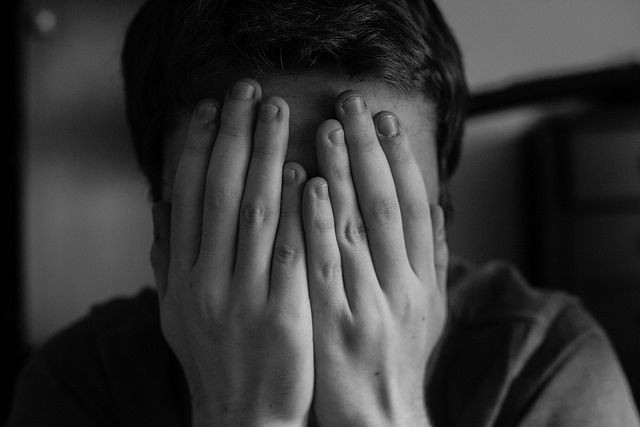Suicide Risk Increases 3-Fold In Adults After Concussion, Traumatic Brain Injury

Adults who have had a concussion are three times more likely to commit suicide than the rest of the population, according to new research published in CMAJ. Strangely, the risk of suicide was even higher in those whose concussions occurred on a weekend.
Suicide is the 10th leading cause of death in the United States for people of all ages, with more than 41,000 people dying from it in 2013, according to the Centers for Disease Control and Prevention. Considered mild traumatic brain injuries (TBI), concussions have previously been implicated in the development of depression due to changes in brain activity. But while this connection has become well known among military personnel and football players, researchers were interested in seeing how common they were in the general population.
“For years there have been examples of serious head injuries leading to potential cases of suicide in military veterans and professional athletes,” senior author Dr. Donald A. Redelmeier told Reuters. “I always worried that even mild concussions acquired in normal community settings might also be a risk, and might cause lasting damage.”
To determine the relationship between concussion and suicide, researchers looked at diagnostic codes from a health insurance database that included over 235,000 patients who experienced concussion over a 20-year period in Ontario, Canada. Most of the participants hadn’t previously attempted suicide, been hospitalized, or had a psychiatric disorder. To distinguish between recreational and occupational head injuries, the researchers made sure to compare concussions that occurred on a weekday to those that occurred on a weekend.
Over the course of about nine years (the average follow-up period), 667 people died from suicide. Of these people, 519 experienced concussion on a weekday, while the remaining 148 experienced them on a weekend. The mean time from concussion to subsequent suicide was nearly six years.
Although more people who committed suicide experienced a concussion on a weekday, the absolute suicide risk was highest among those who were concussed on a weekend, the researchers found. Overall, those diagnosed with concussion on weekdays had a suicide risk three times higher than the population norm, while those with weekend concussions had a suicide risk that was four times higher.
Redelmeier said this may have happened because weekend concussions tend to occur during a recreational activity, which makes them easier to shrug off. On the other hand, weekday concussions are more likely to occur at work or in an environment where a treatment protocol is in place.
The risk of suicide among brain injury patients increased regardless of their demographic characteristics, and it was independent of past psychiatric conditions. “It became accentuated with time and exceeded the risk among military personnel. Half of these patients had visited a physician in the last week of life,” researchers wrote.
In a 2014 study, researchers found TBI survivors were twice as likely to commit suicide than someone who is healthy. Dr. Seena Fazel, its lead researcher, argues this is a reason for future brain injury patients to receive long-term assessments — similar to those with chronic illnesses, like diabetes — to monitor their chances of psychiatric disorders like depression
What compels a person to commit suicide might be complex and unique to each individual, but identifying and reducing the effect of various risk factors may help to prevent more people from thinking it’s the only way to go.
Source: Fralick M, Thiruchelvam D, Tien H, Redelmeier D. Risk of Suicide After A Concussion. Canadian Medical Association Journal . 2016.



























